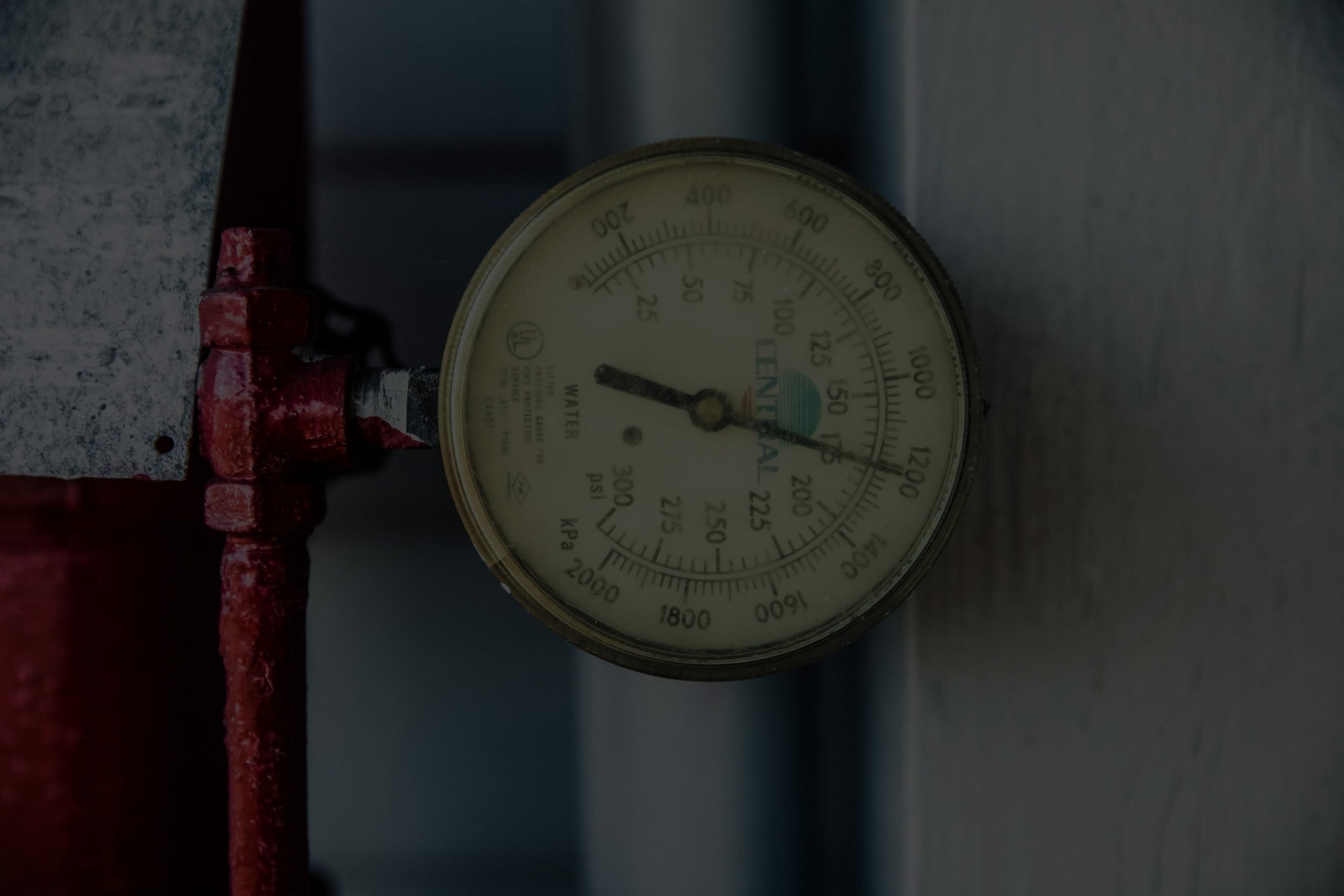Wondering if your housing society should get water meters? You’re not alone. More and more residential complexes are tackling water management head-on these days, and for good reason.
Let me tell you why this matters. Water isn’t just getting more expensive, it’s becoming a precious resource we can’t afford to waste. When each flat has its meter, suddenly everyone can see exactly how much they’re using. This visibility changes everything from how people think about their morning shower to whether they’ll fix that leaky tap that’s been dripping for months.
I’ve seen this work in communities big and small. Even in smaller towns where water might seem abundant, meters help keep costs in check while nudging residents toward smarter usage. The best part? When people start paying attention to their consumption, waste drops dramatically.
But here’s the thing, water meters only work when everyone’s on board. That’s why many newer apartment complexes are installing systems that track individual usage right from day one. Gone are the days when everyone paid the same amount regardless of whether they used a bucket or a swimming pool’s worth of water each month.
The numbers back this up, too. Residents typically slash their water bills by around 15% after meters go in – not because they’re taking fewer showers, but because they’re finally aware of their usage patterns. Makes sense, right? We tend to be more careful with things we can measure. This kind of saving makes properties with water meters more attractive to prospective buyers and renters, too.
These little devices do more than just track consumption. They’re like an early warning system for your plumbing. Notice your usage suddenly spikes? You might have a hidden leak somewhere. Without a meter, that water (and money) would just keep flowing down the drain unnoticed.
Now, what kind of meter should you consider? You’ve got options:
Mechanical meters have been around forever, and for good reason – they’re reliable workhorses with moving parts that measure water flow. They handle hot and cold water just fine and won’t break the bank. That’s why they’re still so common in residential buildings.
Electronic meters cost a bit more upfront but give you better precision. Some of the fancier models even have sensors for real-time monitoring. The extra detail might be overkill for some applications, but they’re worth considering if accuracy is your top priority.
Then there are electromagnetic meters, which measure electric current in water and can even detect mineral content. They’re pricier and typically less accurate than the other options, so they’re only used in special situations.
When you’re planning installation, keep these factors in mind:
- Which meter type makes the most sense for your building’s setup
- Where to place them for easy access (both for readings and maintenance)
- What kind of flow and pressure do they need to handle
Safety should be top of mind during installation too. Make sure you’ve got proper electrical outlets where needed, secure all connections against leaks, and keep wiring and connections above flood levels in vulnerable areas. And definitely have qualified electricians check any existing wiring that might be affected.
Let me share a real example. A 32-apartment complex recently installed water meters in all units, plus common areas, and they finished the whole project in just one month. They had to run new individual water lines from the terrace down to different floors and connect multiple water inlets for each apartment to a single meter.
The project cost breakdown? About Rs. 1.75 lakhs for the meters and related parts, plus another Rs.1.25 lakhs for labor. Total investment: Rs 3 lakhs. After installation, they took daily readings the first week, then weekly, and eventually settled into a monthly routine.
The impact was almost immediate. Within a week, residents started understanding their actual water usage patterns. Some were shocked to discover how much water their households consumed, which naturally led to more mindful usage.
Bottom line is water meters benefit everyone involved. Management gets better control over water costs, while residents gain awareness that typically leads to more responsible usage. Bills stay reasonable, and we all do a small part for conservation. It’s one of those rare win-wins that makes perfect sense for modern residential communities.


